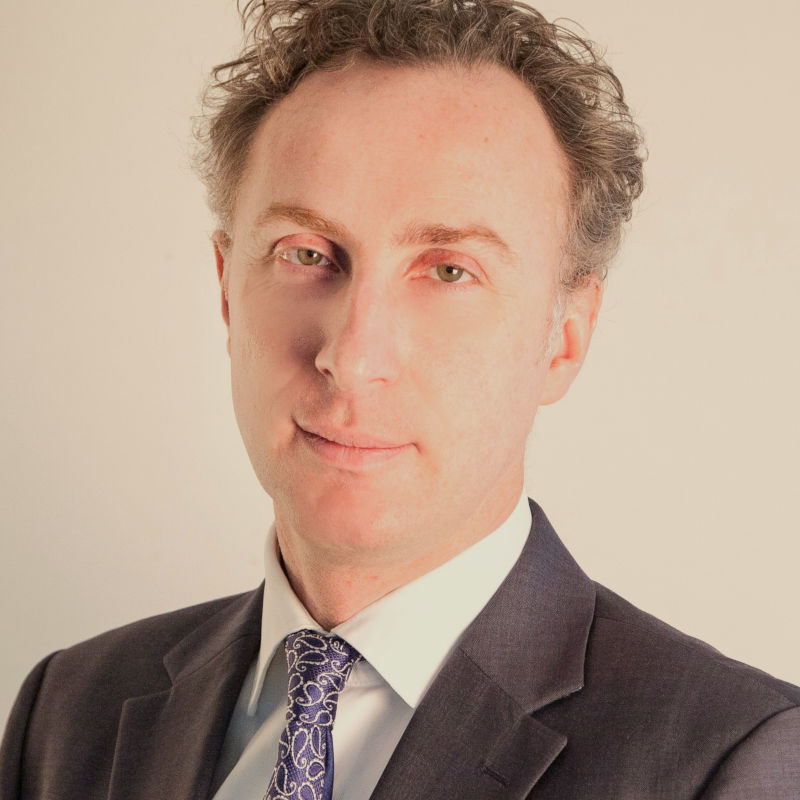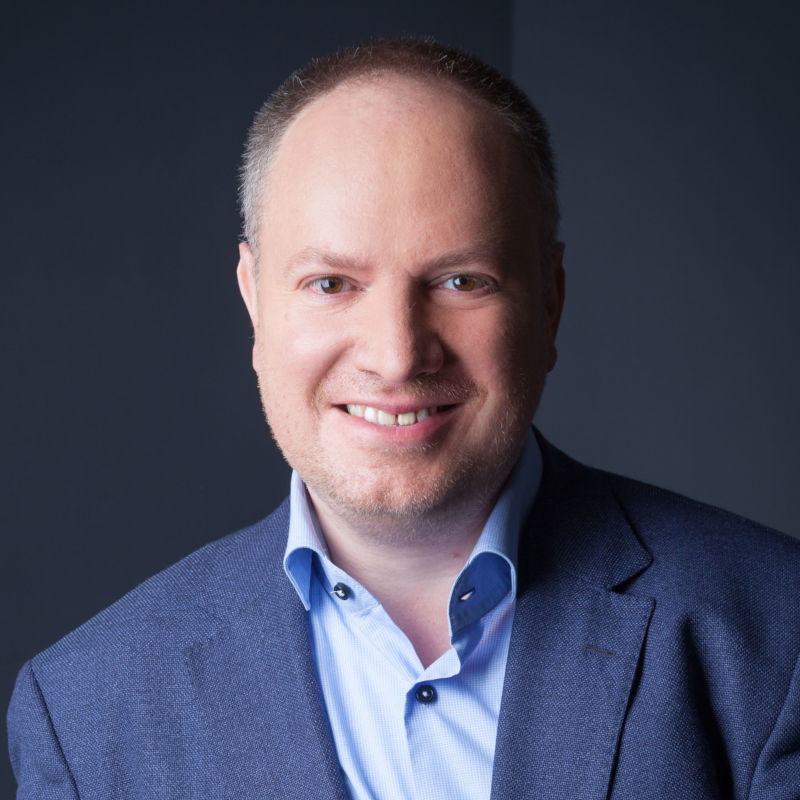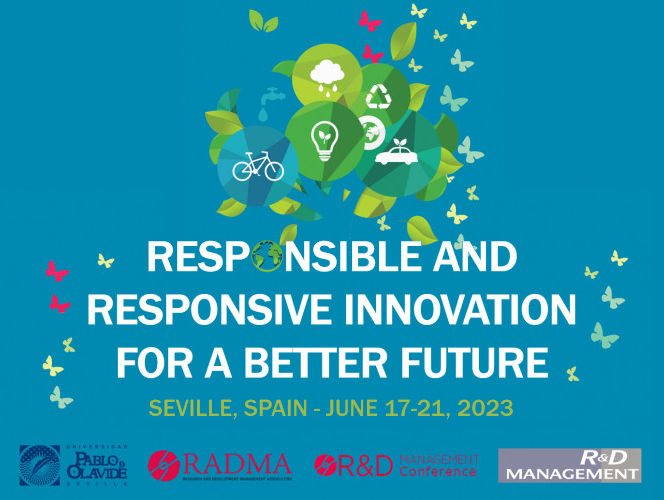Intellectual Property (IP) Management should be understood as part of innovation management, but, in practice, IP is often treated as a separate technical/legalistic topic, explains Martin Bader, co-chair of a track within the 2023 R&D Management Conference that focusses on evolution in IP management.
Martin Bader, together with Alfred Radauer and Martin G. Moehrle, will be co-chairing Track 7.1 at the 2023 R&D Management Conference: Intellectual Property (IP) Management x R&D and innovation management: How IP management can nudge and influence strategic decision making.

The track will investigate how responsible IP strategies can support responsible and responsive innovation for society and a better future.
What do you think are the most disruptive influences impacting developments in your track?
The shift of value creation towards business model innovation, while at the same time shifting to open innovation, open science and sharing community approaches has challenged current IP management.
This movement raises questions such as “How would you ‘patent’ a business model?” and “How can ‘trade secrets’ be applied to foster innovation in the data sharing economy?”
Additionally, new fast developing technologies that significantly influence the society also challenge the legal system. As illustrated by the quandary – “what ‘droit morales’ shall be accounted to artificial intelligence, their operators and their owners or constructors, respectively?”

Can you describe some recent findings in this area that are of interest to you personally?
There are some interesting new concepts evolving – particularly around the exploitation of shared data – that require smart and balanced IP policies.
For example, there is a move to decrease traditional barriers to sharing and combining data from different owners, while at the same time establishing entrepreneurial space for partners to develop individual competitive advantages and build their own business models on basis of that commonly shared data.
A good example of this is the new Open Science Drug Discovery (OSDD) development program in Canada that promises to revolutionise the speed and effectiveness of drug discovery and traditional pharma business models, particularly for specific research areas like the neurodegenerative diseases.
Another area of interest lies in an economy built around sharing data and common goods. In the visual arts market, artists would like to profit not only from the primary but also the secondary markets such as when music is sampled by other artists or used within adverts and films. The much debated question here is ‘how do you share data/common goods but retain the potential to govern your data/common goods and benefit from further exploitation of that data by third parties.’
A recent example of a solution for this dilemma was the introduction of NFTs in combination with blockchain technology. We addressed this in our paper: “Study on the legal protection of trade secrets in the context of the data economy” (https://op.europa.eu/en/publication-detail/-/publication/c0335fd8-33db-11ed-8b77-01aa75ed71a1/language-en/format-PDF/source-267469968)
If someone was new to this topic what would you suggest they read to get a quick overview of the issues?
There is a lot information available, e.g., by patent offices and via internet resources, but I might like to use this occasion to promote two recent books on that topic (academics should be able to download it for free via their library license):
- Intellectual Property Management for Start-ups – Enhancing Value and Leveraging the Potential (https://link.springer.com/book/10.1007/978-3-031-16993-9)
- Patent Management – Protecting Intellectual Property and Innovation (https://link.springer.com/book/10.1007/978-3-030-59009-3)
R&D Management Conference 2023: Responsible and Responsive Innovation for a Better Future
Pablo De Olavide University, Spain, 17-21 June 2023
Track Chairs: Prof. Dr. Martin A. Bader, THI Business School, Technische Hochschule Ingolstadt
Dr. Alfred Radauer, IMC University of Applied Sciences Krems
Prof. Dr. Martin G. Moehrle, Institute of Project Management and Innovation, Universitaet Bremen


